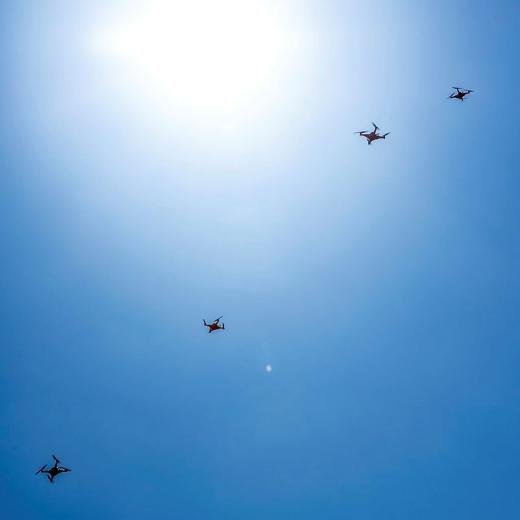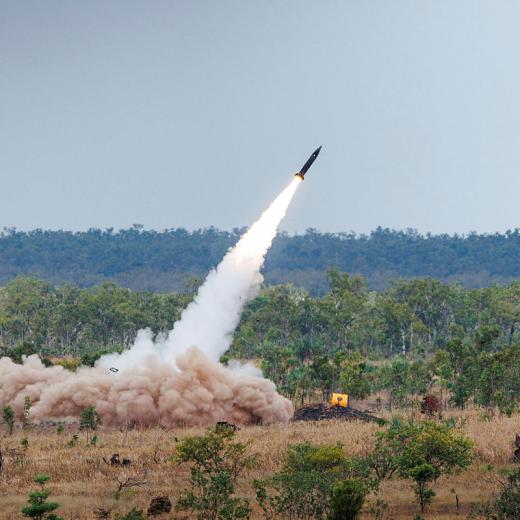BLUF
The development of an effective malaria vaccine is essential for the health, security, and economic prosperity of all malaria-affected countries.Summary
Malaria is not just a health issue; it is also a strategic issue as there are considerable personal and governmental costs in reducing and treating malaria, which includes:
- Supply and staffing of health facilities.
- Drugs.
- Insecticide spraying.
- Loss of income.
- Lost economic opportunities.
Most importantly, every year, malaria causes 409,000 deaths (94% of them in Africa) and also costs developing countries approximately US$ 12 billion per year. Recent Australian research shows that neutrophils, a type of white blood cell, can kill the malaria parasite during the initial infection stage. When a female mosquito bites, the malaria microorganism enters the bloodstream and then the liver. It is there that the parasite multiplies, invading red blood cells and multiplying until the cells burst, releasing more parasites into the bloodstream. Making a vaccine is complex (more so than COVID-19), and a lot more funding and research are needed before an effective vaccine becomes available.
References
- July 2020 CDC Malaria's Impact Worldwide
- Feb 2021 WHO Updating WHO’s global strategy for malaria
- Mar 2021 Vox Malaria is notoriously hard to vaccinate against. A new vaccine technology might change that




